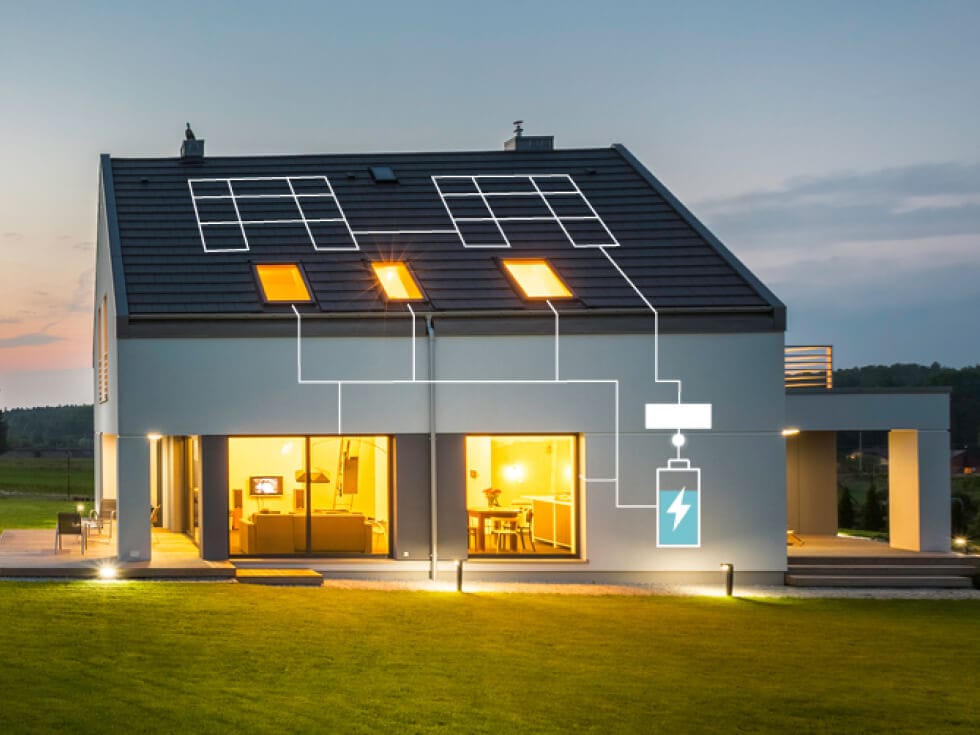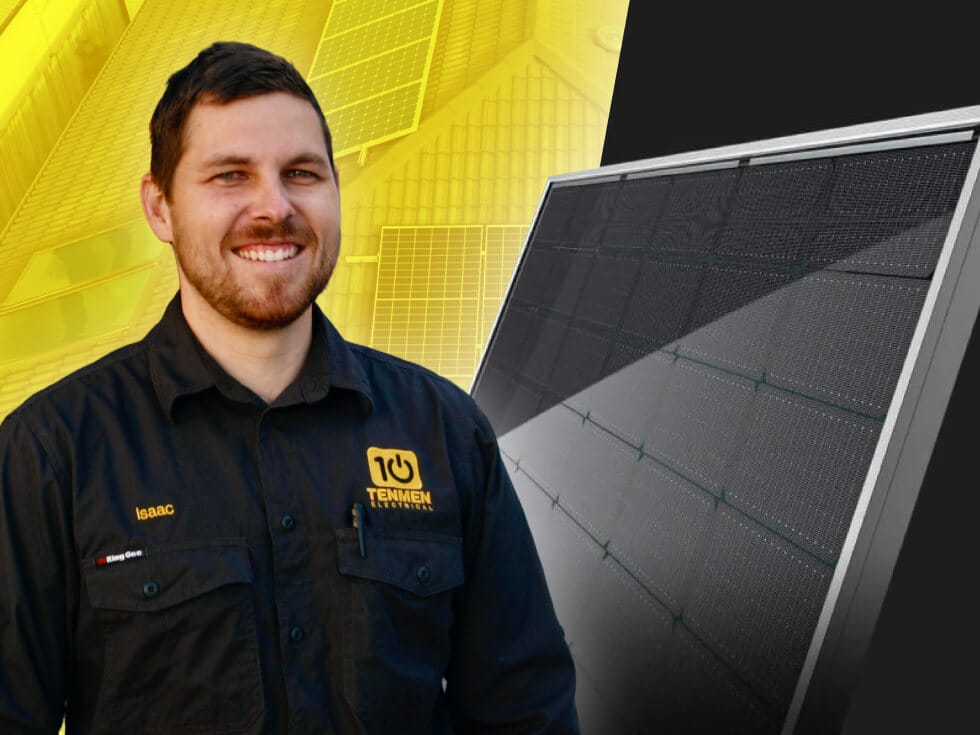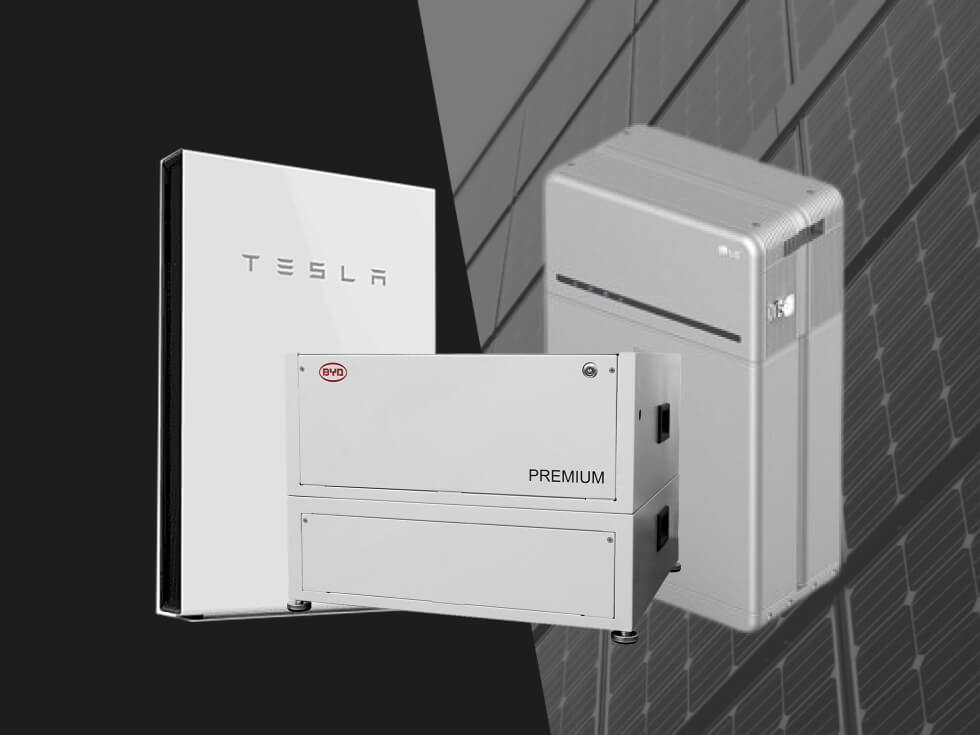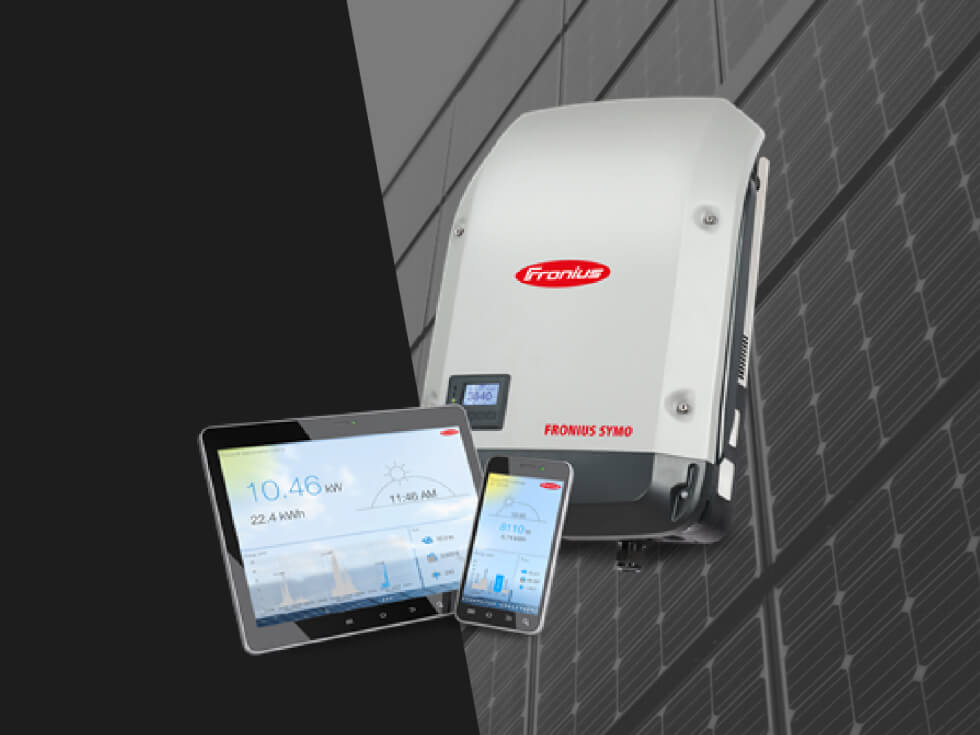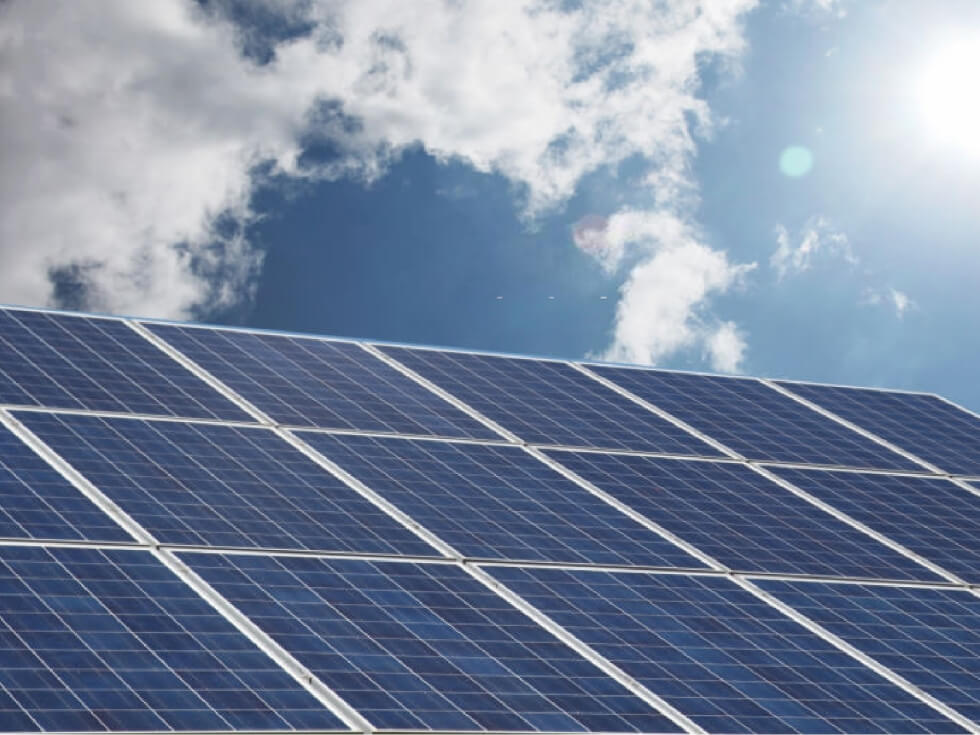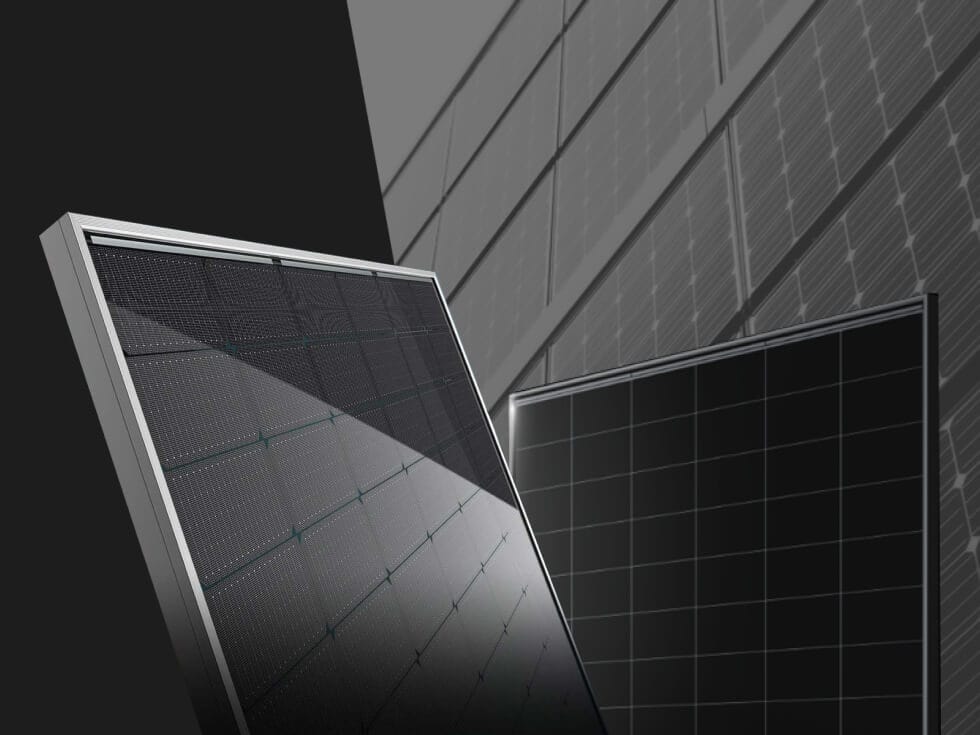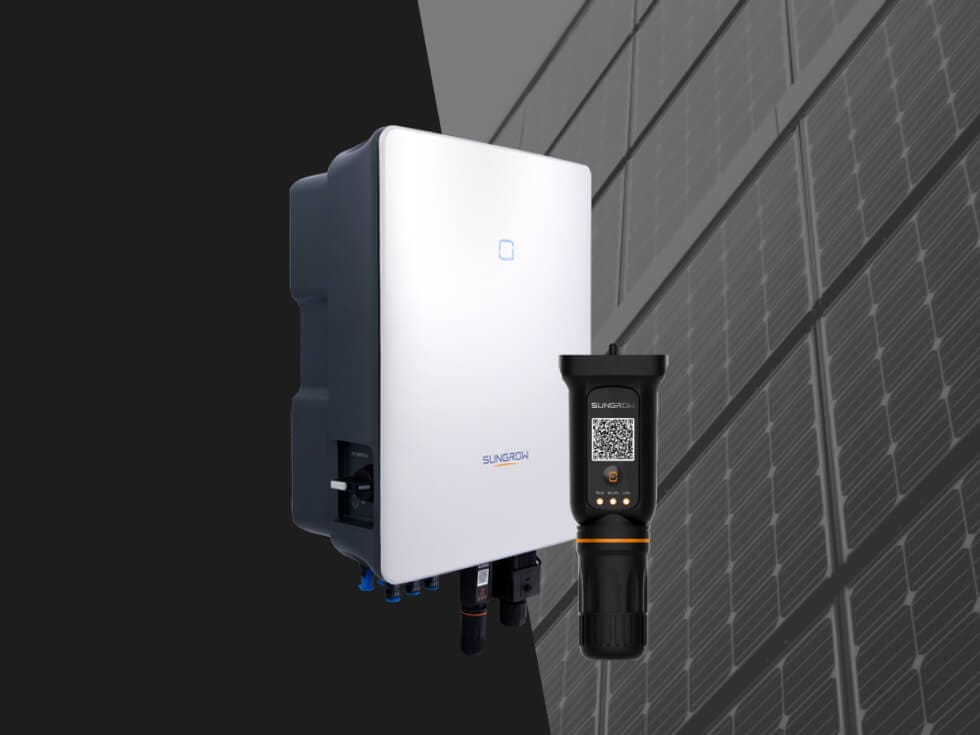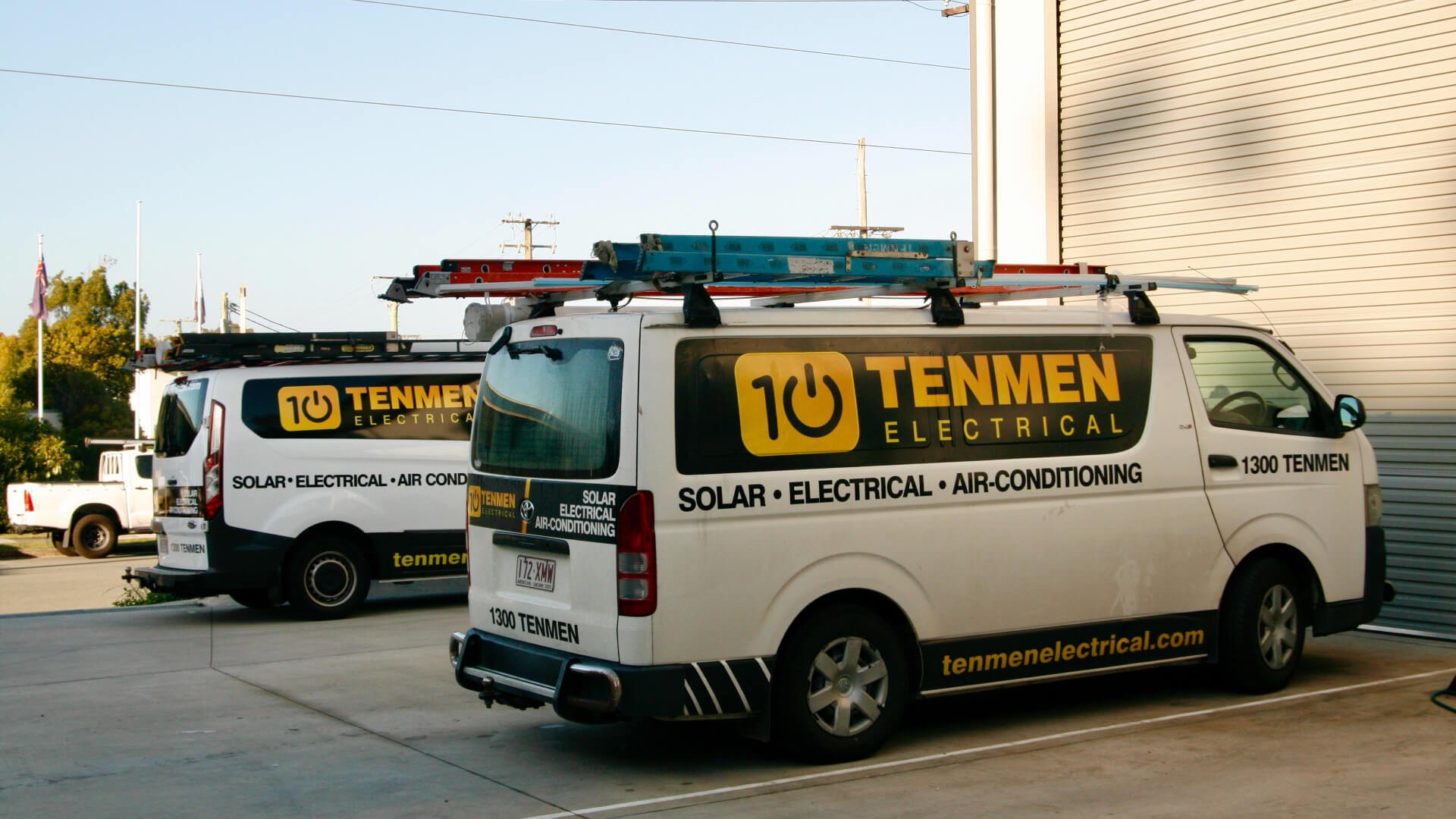Thinking about installing a battery in 2025? Here’s how the Cheaper Home Batteries Program can help you save up to 30% on a solar battery system.
Australia is charging forward in the clean energy revolution, and from 1 July 2025, homeowners will have even more reason to make the switch. The federal government’s Cheaper Home Batteries Program is set to make battery storage more affordable than ever, offering rebates of up to 30% on the upfront cost of installing eligible small-scale battery systems. The discount will be based on the battery’s usable capacity and will gradually decrease until 2030.
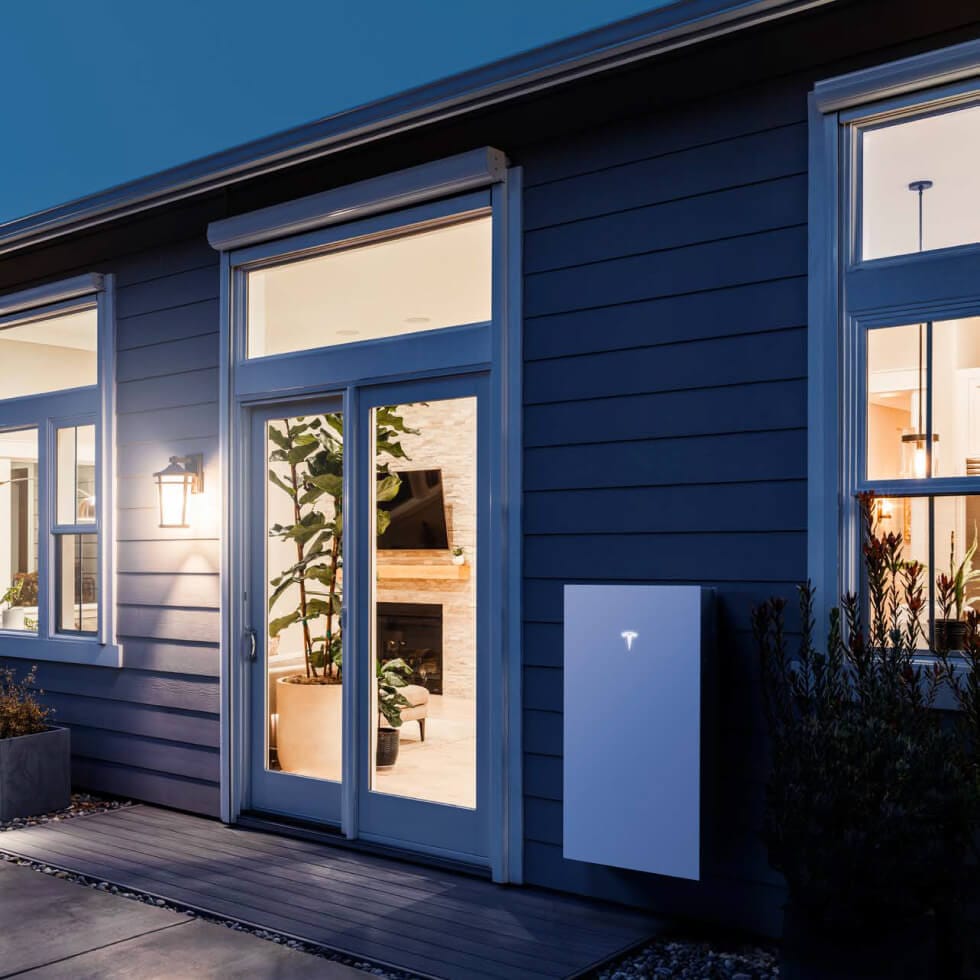
Key Takeaways
- Start date: The rebate applies to battery systems installed from 1 July 2025. Systems installed before this date will only be eligible if not activated until after the program begins.
- Rebate amount: The program offers a rebate of up to 30% off the cost of an eligible battery system. In 2025, this is estimated to be around $372 per kWh of usable capacity.
- Approved equipment and installers: To qualify, your battery and inverter must meet technical standards and be installed by a Solar Accreditation Australia (SAA) accredited installer.
- Rebate phases out gradually: The incentive will be available until 2030, but the rebate amount will decrease over time, giving early adopters the biggest benefit.
- Can be combined with other programs: Additional state and territory incentives may be available. In some cases, it may be possible to combine them with the federal rebate, depending on the eligibility criteria of each program.
What is the Cheaper Home Batteries Program?
Announced as part of a $2.3 billion national initiative, the Cheaper Home Batteries Program aims to reduce the upfront cost of installing a solar battery system at home or in small businesses. The goal is to support residential and small-scale battery systems, making solar battery storage more accessible and balancing electricity supply and demand across the whole grid.
The rebate will be administered through an expansion of the existing Small-scale Renewable Energy Scheme (SRES), which already supports solar panel installations across the country.
Who is eligible?
The program will be open to individuals, homeowners and business owners. There are no income thresholds, meaning a broad range of Australians can benefit.
So… are you actually eligible?
You might be, if:
- You already have solar and want to add a battery
- You’re installing solar panels and a battery together
- You already have a battery and want to expand your storage
- You’re installing a battery before 1 July 2025, and it hasn’t been tested or certified yet — so it can still qualify if it’s tested as capable of storing/discharging energy on or after 1 July 2025
Better yet, additional state and territory battery subsidies may also be available. In some cases, these can be combined with the new rebate, depending on the eligibility criteria of each program, potentially helping you save even more on your installation.
Rebate requirements
To qualify for the rebate:
- Battery size must be between 5 kWh and 100 kWh (only the first 50 kWh are eligible for the discount)
- Battery and inverter must be on the Clean Energy Council (CEC) approved product list
- Installation must be carried out by a Solar Accreditation Australia (SAA) certified installer
- Battery must be installed with a new or existing solar PV system (systems for electric vehicles are not eligible)
- System may be on-grid or off-grid
- On-grid batteries must be VPP-capable (can connect and respond to virtual power plant signals, but don’t need to join one)
- Off-grid systems don’t need VPP capability
- Adding capacity to an existing battery is eligible if:
- The system hasn’t already received a rebate under this program
- The added capacity is at least 5 kWh, and the total (after upgrade) remains under 100 kWh
- Battery system must be considered “installed” on or after 1 July 2025
A battery system is considered ‘installed’ when a certificate of electrical compliance or equivalent is signed which confirms that the system complies with relevant state and territory electrical safety regulations. This means the battery can still be installed prior to 1 July 2025,and still be eligible for the rebate, if it’s tested and certified as capable of storing or discharging energy on or after 1 July 2025.
Full details: Cheaper Home Batteries Program
How the battery discount works
The rebate is based on the usable capacity of your battery — that’s the amount of energy your home or business can actually use.
- You’ll get STCs (small-scale technology certificates) for each kWh of usable battery capacity, up to 50 kWh.
- In 2025, this means a discount of about $372 per kWh.
- The value drops each year until 2030, when the program ends.
| Year | 2025 | 2026 | 2027 | 2028 | 2029 | 2030 |
|---|---|---|---|---|---|---|
| STC factor | 9.3 | 8.4 | 7.4 | 6.5 | 5.6 | 4.7 |
| Estimated value per kWh* | $372 | $336 | $296 | $260 | $224 | $188 |
*The estimated value per kWh is approximate and based on $40 per STC for a battery installed in the year. This could vary over time in line with reviews of whether the discount remains appropriate.
Why invest in battery storage in 2025?
At Tenmen, we’ve seen solar evolve — from small systems built to chase high feed-in tariffs, to what’s now a clear shift toward battery storage and energy independence.
With rising power prices, low feed-in tariffs, and time-of-use charges that penalise evening usage, batteries have become a key part of any smart solar setup in Australia. And in many cases, it’s not just about evening use — full-day battery sizing is quickly becoming the new standard.
That said, the new rebate comes at the perfect time. It doesn’t make batteries cheap, but it does bring them closer to being practical and affordable.
For us, it’s clear that the future of solar is about ownership and control. The more energy you can produce, store, and manage yourself, the better off you’ll be.
To read Isaac’s full take on where solar is headed in 2025, check out: The Future of Solar in 2025 – My Take on Where We’re Headed.
Ready to power your home with solar and battery?
If you’ve been thinking about battery storage, 2025 might be the perfect time to act. Speak with a trusted solar provider, explore your eligibility, and get ready to take advantage of the Cheaper Home Batteries Program.
For tailored advice and step-by-step support, feel free to contact Tenmen. Our team is here to help you assess your options and get the most out of your energy investment.

